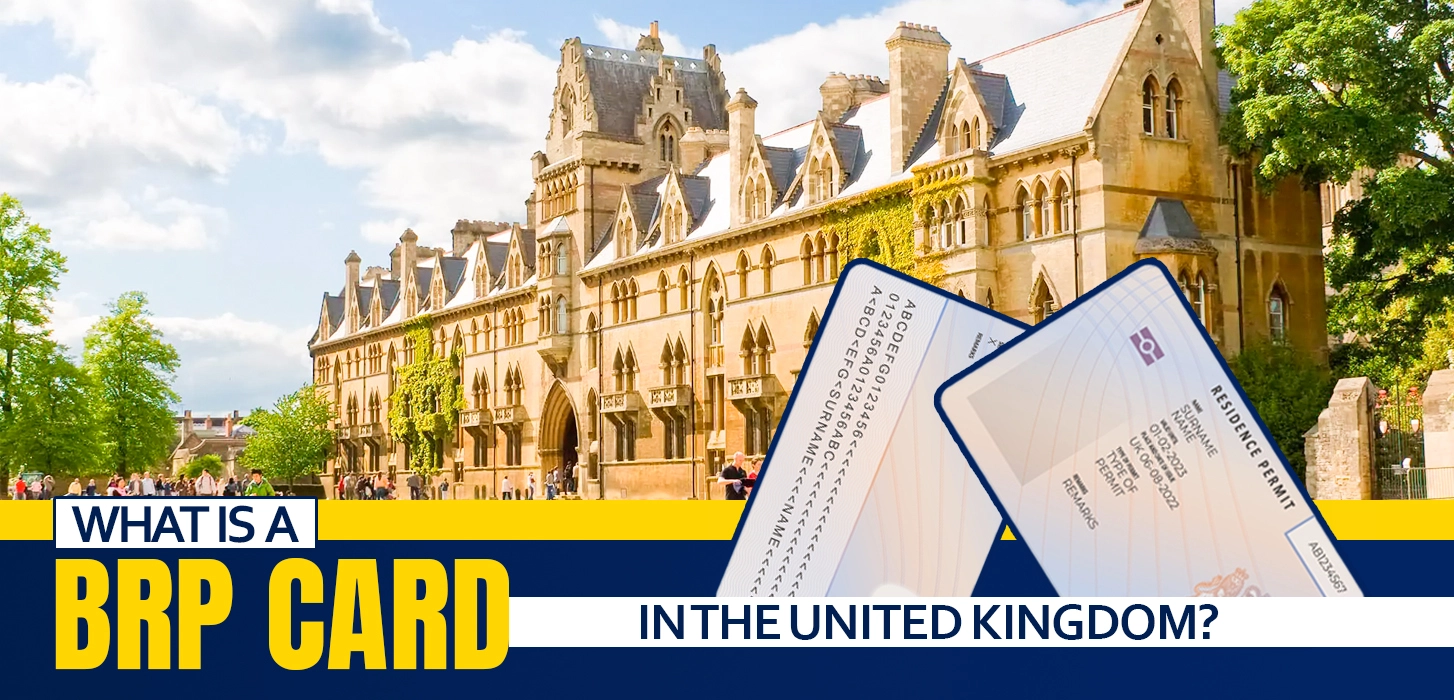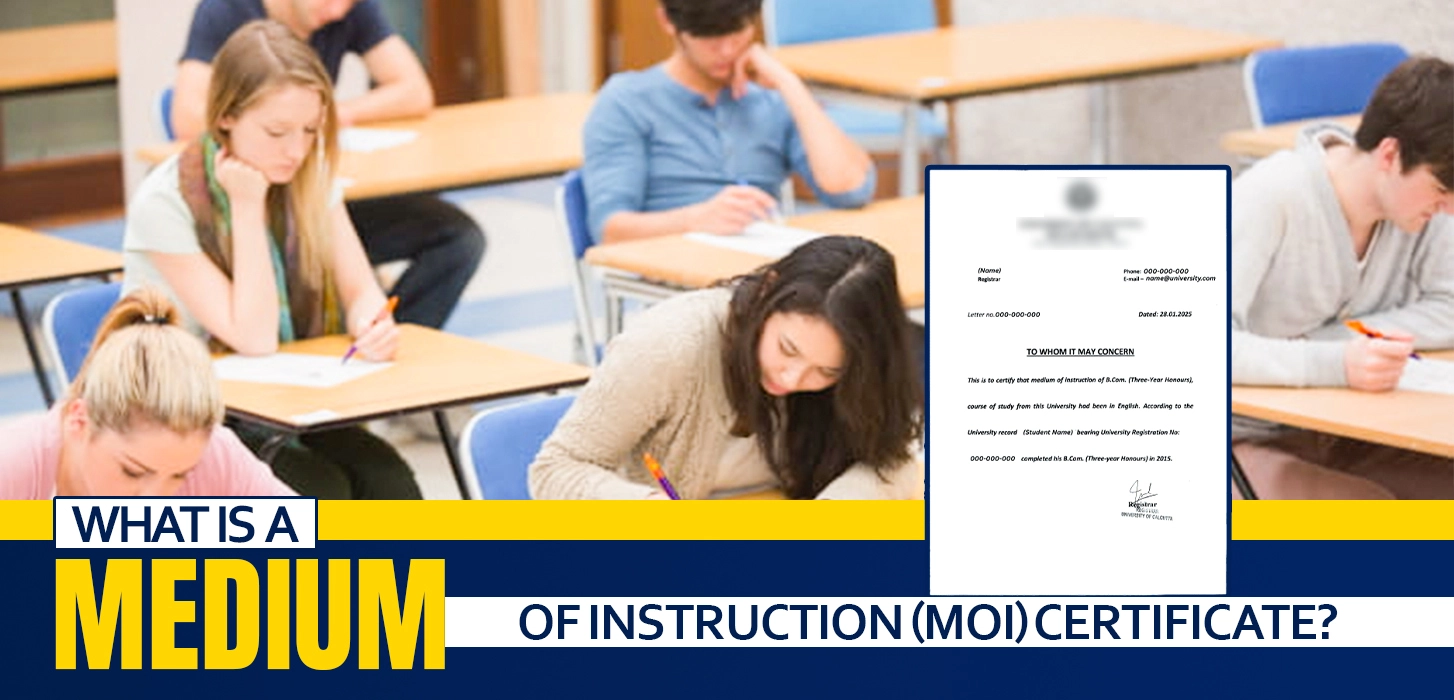IELTS vs TOEFL vs PTE | Best English Exam for Pakistani Students
Choosing the right English proficiency test—IELTS, TOEFL, or PTE is a key decision for Pakistani students planning to study abroad. Each test differs in format, scoring, cost, and global acceptance. IELTS is widely recognized by Commonwealth and UK universities; TOEFL is standard in North America; PTE offers computer-based convenience and rapid results. This article provides a detailed comparison and practical advice to help you select the test best suited to your academic aspirations, test-taking style, and financial considerations.
Test Format & Structure
Choosing the right English proficiency test is easier with guidance from trusted education consultant in Pakistan who help students navigate format, scoring, and preparation effectively.
The following table shows the comparison between test format and structure:
Feature | IELTS (Academic) | TOEFL iBT | PTE Academic |
Sections | Listening, Reading, Writing, Speaking | Reading, Listening, Speaking, Writing | Speaking & Writing, Reading, Listening |
Mode | Paper-based & computer | Online (via center) | Fully computer-based |
Duration | ~2h 45m | ~3h | ~2h + optional 10 min break |
Scoring Scale | 0–9 band scale | 0–120 | 10–90 |
Cost & Test Availability in Pakistan
Understanding costs and local availability helps students select the most practical test option based on budget, scheduling ease, and proximity to official test centers.
- IELTS: PKR 58,000–60,000 | 48 test dates/year at British Council & IDP
- TOEFL iBT: PKR 67,000–70,000 | ~12 test dates/year via ETS
- PTE Academic: PKR 60,000–63,000 | Year-round at Pearson centers
Which Suits Which Students?
Choosing the right test depends on your learning style, comfort with technology, and future academic or migration goals—each exam has distinct features that favor different student profiles.
- IELTS: Best for students who feel confident speaking English in person with a human examiner, and prefer traditional paper-based or computer-based test options.
- TOEFL: Ideal for those comfortable with American English, academic listening passages, and a fully internet-based format that reflects typical U.S. university classroom settings.
- PTE: Suitable for tech-savvy students who type quickly, prefer interacting solely with a computer, and need fast, AI-based scoring with quick result turnaround.
Pros & Cons at a Glance
Each test has unique strengths and limitations—understanding these pros and cons helps you make an informed choice based on your academic goals and personal preferences.
IELTS
Pros: Globally accepted by universities, immigration authorities; choice of paper-based or computer-based formats; real-person Speaking test for natural interaction.
Cons: Speaking assessment may be affected by human bias; slower result turnaround (13–20 days); limited test dates in smaller cities.
TOEFL iBT
Pros: Highly standardized academic English; preferred by North American universities; integrated task design reflects real academic settings.
Cons: Longer exam duration; heavy use of American English accents may challenge some; fewer test centers in certain regions.
PTE Academic
Pros: Quick results in 2–5 days; AI-driven scoring for objectivity; fully computer-based for consistent testing experience.
Cons: Still not accepted by some universities or visa authorities; format unfamiliar to students used to paper exams; speaking into a microphone may feel unnatural.
Choosing Your Test
Selecting the right test depends on your study destination, personal comfort with exam formats, and budget—align your choice with university requirements and individual strengths.
- Target Country & University: Research your chosen universities and visa requirements. The UK, Australia, and Canada typically favor IELTS. Many US institutions require TOEFL. PTE is increasingly accepted in Australia, the UK, and some parts of Europe.
- Test-Taking Style: If you prefer face-to-face Speaking tests, IELTS is ideal. If you’re comfortable with computers and want fast results, PTE suits you. TOEFL fits those who prefer academic-style tasks with integrated listening and speaking.
- Budget & Preparation Time: IELTS is generally the most affordable with frequent test dates. TOEFL provides abundant official preparation resources. PTE offers the fastest results but may cost slightly more. Choose based on how soon you need your scores and how much you can spend.
Tips for Pakistani Students
Early preparation, targeted practice, and smart scheduling can significantly boost your test performance and ensure timely university applications.
- Start Early: Begin preparation 8–12 weeks before your test date to build skills gradually without last-minute pressure.
- Use Official Resources: Rely on official prep materials and mock exams for authentic practice and familiarity with question formats.
- Target Weak Areas: Identify and focus on your weakest section—for most Pakistanis, this is often Speaking in IELTS, Writing in TOEFL, or integrated tasks in PTE.
- Schedule in Advance: Book your test early to leave buffer time for retakes or document submissions before university deadlines.
FAQs
Which test is easiest for Pakistani accents?
Pakistani students often find IELTS easier due to a diverse range of accents; TOEFL’s stronger North American focus may require extra listening practice.
How soon can I get my results?
PTE results are fastest (2–5 days), IELTS takes approximately 13–20 days, and TOEFL results arrive in 6–10 days.
Do universities prefer one test over others?
Some universities specify a preferred test. Always check your target course requirements—many accept any of the three, but top-tier programs may favor IELTS or TOEFL.
Can I use one test for immigration and study?
Yes. IELTS is preferred for UK, Canada, and Australia immigration. TOEFL and PTE are acceptable alternatives if recognized by visa authorities or institutions.
Is rescheduling allowed?
Yes, all tests allow rescheduling within a defined period before test day. Fees apply if changes are made close to the exam date.
Can I repeat individual sections?
TOEFL, and PTE do not offer section-only retakes, however IELTS offers section-only retakes… Other than that you can retake all exams with all sections retaken to improve any individual score.
What score do I need?
Most universities require IELTS 6.5–7.5, TOEFL 80–100+, or PTE 60–75+. Check specific requirements of each university and program.
Recent Post
Lithuania has become an attractive destination for Pakistani students seeking...
Many Pakistani students dream of studying abroad but are often...
According to the Ministry of Education and Research report, In...
Pursuing higher education in New Zealand is a top destination...
The UK has always been a student-preferred destination for gaining...
Understanding the tuition fee & living cost in China is...
Hungary is an increasingly popular choice for Pakistani students pursuing...
Studying in Oman is an excellent opportunity for Pakistani students...
In 2024 over 7,000 international students studied in Albania, with...
No doubt with its rich culture, Georgia is a hub...
Study at Ken Walker International University is the top choice...
Canada remains a top destination for international students, offering world-class...
Alte University is home to over 2,500 students from 45+...
Securing a UK student visa can feel challenging—especially when language...
Study in South Africa from Pakistan is a budget-friendly option...
Studying in Japan offers Pakistani students a chance to access...
The UK CAS Letter (Confirmation of Acceptance for Studies) is...
For many Pakistani students aspiring to pursue a career in...
A BRP card in the UK (Biometric Residence Permit) is...
For Pakistani students seeking global exposure without the long-term commitment...
Study in Kazakhstan for Pakistani Students offers affordable, globally recognized...
Kazakhstan is becoming an increasingly popular destination for Pakistani students...
China is one of the fastest-growing destinations for Pakistani students...
Studying at Ulster University in the UK presents an exceptional...
As international education expands, language proficiency remains a key requirement...
Study in Sweden for Pakistani students offers a high-quality education...
Choosing the right country for higher education is one of...
Azerbaijan is a promising education hub for Pakistani students seeking...
Sweden is an increasingly popular destination for Pakistani students interested...
































